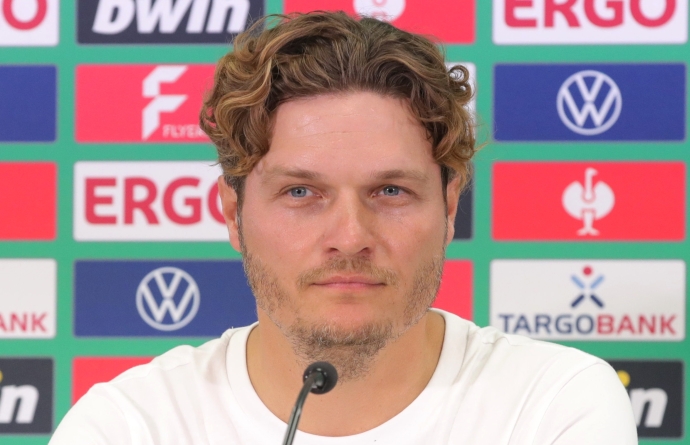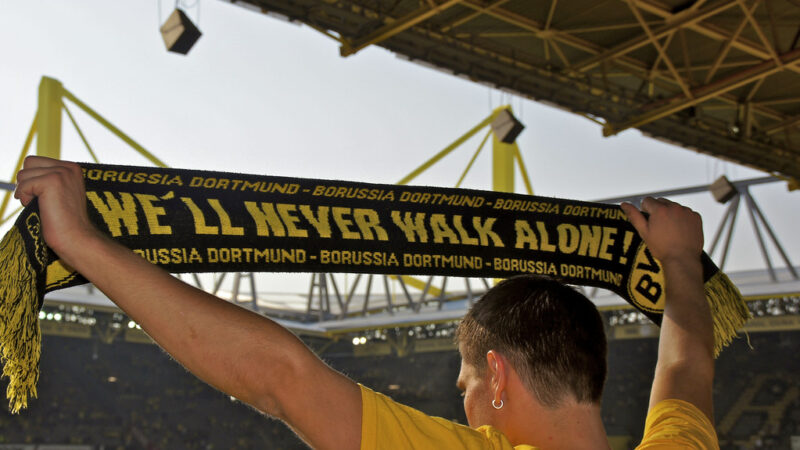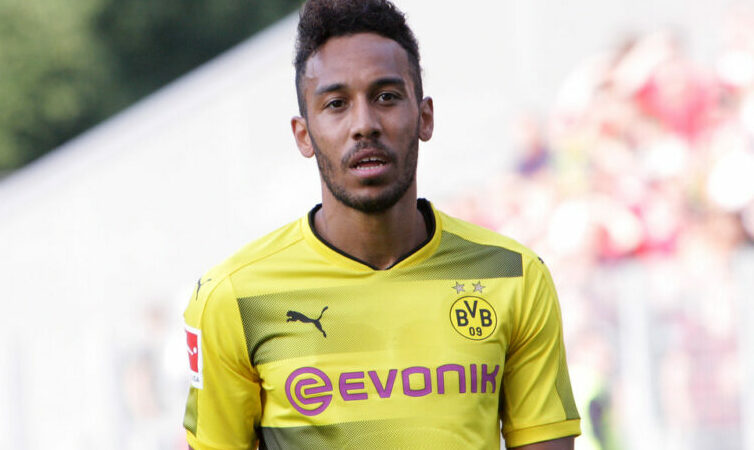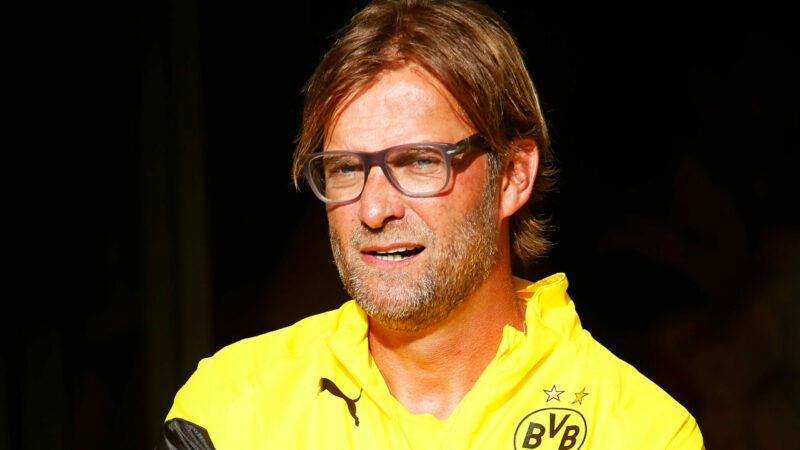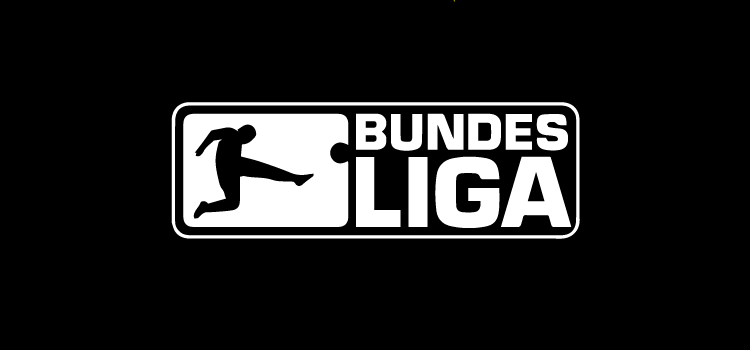Greatest Transfers: Norbert Dickel
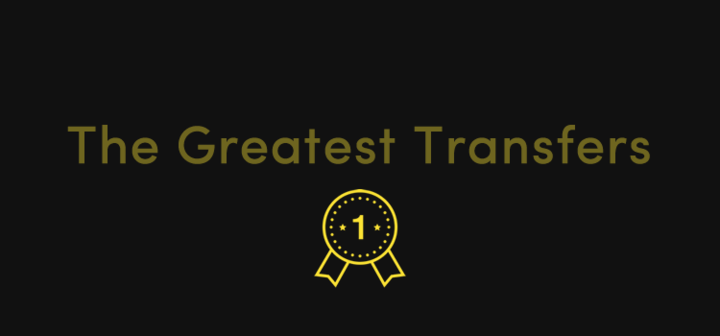
There are times when a footballer joins a club and the fans wonder why he was signed in the first place. He may not fit the teams’ style of play or he may not have exactly set the world on fire at his previous club. Sometimes the fans are vindicated in their questioning and criticism of such a move. There are other times though when their scepticism comes back to bite them on the behind when said player turns out to be a much better transfer than first anticipated. Norbert Dickel’s move from 1.FC Koln to Borussia Dortmund in 1986 is one such signing.
Dickel was born not far from Dortmund, in the small town of Bad Berleburg, in November 1961. He spent his youth career playing for SV Netphen, where he stayed until 1977. Then, at the age of 16, Dickel signed for Sportfreunde Edertal. Not much is known with regards to his early career, but the German striker certainly impressed as he soon earned a move to Sportfreunde Siegen in 1982. Again, there is not much recorded regarding his time in Siegen but Dickel must have done well in Germany’s third tier. In 1984 he got his big move to Koln.
Hannes Lohr instantly started playing Dickel up front. He was a tall, rangey forward standing at 6 foot 1 inch. But Dickel was no target man. He was much better with his feet than Lohr had obviously given him credit for and Dickel was not suited to having the ball played to his head. In his first season in Koln, Norbert Dickel helped his team to a credible 3rd placed finish. His second season with the club was not as successful though. Koln finished a point ahead of Borussia Dortmund, who needed to win a play-off against Fortuna Koln to avoid relegation as a result. But they had much more success in Europe, finishing their UEFA Cup campaign losing 5-3 in the final to Real Madrid over two legs. Koln had a very good side in the mid 1980’s. Klaus Allofs regularly finished the league season as top scorer and his usual strike partner, Pierre Litbarski, would go on to be renowned as a club legend. Dickel started the first leg of the final in Madrid on the bench and wasn’t in the squad for the second leg. Being misused tactically, trying to break up an effective and cohesive strike partnership, and missing out on one of the biggest games in his career must have been frustrating for the then 24-year-old striker. The 1985/86 season would be his last at the Mungersdorfer Stadion.
Norbert Dickel would be on the move for the fourth time in his short career. He was looking for a club that needed a main man and that would play to his strengths. Luckily it turned out that Borussia Dortmund would be that club and Reinhard Saftig had big plans for the lanky Westfalian. BVB were coming off the back of an extremely unsuccessful season and had appointed Saftig as manager in the April of 1986. Saftig’s immediate aim was to save the club from relegation to 2.Bundesliga, which he would achieve eventually (after drawing on aggregate over two legs, Dortmund needed an 8-0 win over Fortuna to finally seal their place in the 1986/87 Bundesliga). Saftig then set about building a new team to bring success back to the Westfalenstadion. Norbert Dickel would be one of his first signings and proved to be an instant success.
Reinhard Saftig’s immediate appreciation of Norbert Dickel was apparent. He was now the main man and the coach realised there was more to Dickel than a gangly front man. Saftig could see how technically gifted Dickel was. Never the quickest on the ground, Dickel always had an eye for goal and a knack for being in the right place at the right time. In his first season with Dortmund, he finished the league campaign as fourth top scorer with 20 goals. His strike partner, Frank Mill, finished with 17 himself. Michael Zorc also managed to chip in with 14 from midfield. This combined total of 51 goals helped the club to a much improved 4th placed finish and a UEFA Cup campaign to look forward to in 1987/88.
The 1987/88 season would be much less of a success in the Bundesliga for Dortmund, finishing 13th – only a point off the relegation play-off place. Dickel himself would also have a poor season, finishing with fewer goals than top scorer Michael Zorc (13). This ultimately cost Reinhard Saftig his job and he was replaced in pre-season by Horst Koppel. Under Koppel, Norbert Dickel would become a cult hero in 1988/89.
BVB would finish an improved 9th in the league, but it was still not where they wanted to be. With a poor league finish and no European competition, Dortmund’s only chance of silverware would be in the DFB Pokal. They earned their way to the final, facing a side from the Bundesliga in each round en route. They also met a Bundesliga side in the final in the form of the champions, Werder Bremen. Bremen were a quality side and boasted players like Frank Neubarth, Thomas Schaaf and Karlheinz Riedle. But this was a Dortmund side full of potential. Dickel could rely on quality team-mates himself, lining up alongside the likes of Michael Zorc, Andy Moller and Thomas Helmer. The final didn’t start as planned when Riedle put Bremen ahead. But Dickel equalised after bursting through the middle to meet Michael Rummingge’s low cross. He scored again in the second half after Dortmund burst forward on the counter. Frank Mill’s shot was saved by Oliver Reck. But it only went back to Mill’s feet and he switched it to the opposite side of the box. Dickel was waiting and produced a stunning volley to make it 3-1. BVB would finish the game as 4-1 winners after Michael Lusch came off the bench to add more gloss to the scoreline. But it was Norbert Dickel’s two goals that were remembered, so much so that he was christened the “Hero of Berlin.”
Dickel had an appetite for football like no one else and, remarkably, played the final with a serious knee injury. The injury affected him throughout the summer and cut down his playing time the following season to just six games. Dickel was clearly struggling and, at the end of the 1989/90 season, was forced to retire due to the knee injury at just 28-years-old. He would finish his career with 50 goals in 108 appearances in all competitions for the club. He still remains tied to the club to this day as a match day stadium announcer and is still loved by fans in attendance and watching at home.
Norbert Dickel was one of those players who literally came out of nowhere. He came from humble beginnings, playing in Germany’s lower leagues, before finally getting his break with Koln. Unfortunately it didn’t work out for a variety of reasons. Dickel just needed the right manager, at the right club, at the right time in his career. Luckily for him, and for us, Reinhard Saftig was that man and Dortmund was that club. The fans’ admiration for Dickel is still evident even now. When he runs onto the pitch at Signal Iduna Park, the Sudtribune sings his name; “We sing Norbert, Norbert Dickel, everyone knows him, the hero of Berlin.” And his admiration for them is reciprocated; “You never forget these moments. It is a unique scene, each time like new. It is simply on a different scale. An overwhelming atmosphere. The best place in the world for me is here: right in front of the yellow wall.” How can a folk hero like Norbert Dickel not be included in a list of Borussia Dortmund’s greatest ever signings?

